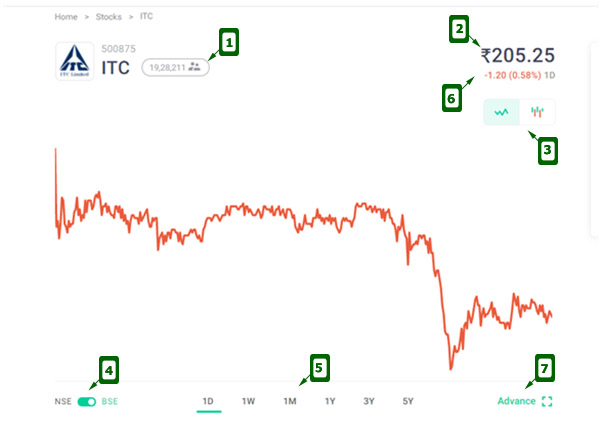
Investors, pundits, and enthusiasts tin can’t stop speculating about cryptocurrency, and mostly, their predictions center on toll. But simply musing over the marketplace functioning of a specific coin ignores the larger potential of cryptocurrency. This space is about more than than price fluctuations — it’s a digital fiscal revolution that’s poised to transform the globe.
Cryptocurrency is arguably the unmarried almost pregnant invention of our lifetime. In the very nearly time to come, I believe we’ll see financial borders dissolve almost completely. This international currency will allow us to transact in seconds and remove electric current geographical limitations and restrictions. There will be no middlemen adding forex, conversion, or other fees to the equation of a transaction.
How do governments and banks experience almost this potential disruption? The U.s. has realized that the issue of cryptocurrency needs to be addressed. The U.S. Firm Financial Services Subcommittee on Monetary Policy and Merchandise met in mid-July 2018 for a hearing it called “The Future of Money: Digital Currency.” The subcommittee discussed two pertinent issues.
The start was the importance of regulation. Many regulators fright that governments will lose the ability to command the flow of wealth, which is specially concerning when it comes to the funding of illegal activities. While the argument was fabricated that information technology would be a fault to regulate something simply considering it could exist used past criminals, there were besides voices calling for a strict clampdown on cryptocurrencies. Congressman Brad Sherman went so far as to say that he would prefer the outright banning of cryptocurrencies.
The second issue the subcommittee raised was that of government-created cryptocurrencies. Alex J. Pollock of the R Street Establish said that: “In brusk, to accept a central banking company digital currency is a terrible thought — ane of the worst financial ideas of recent times.” Pollock argued that “[The Federal Reserve] would automatically become the overwhelming credit allocator of the financial system. Its credit allocation would unavoidably be highly politicized. It would become merely a regime commercial bank, with the taxpayers on the claw for its credit losses. The world’s feel with such politicized lenders makes a deplorable history.”
Yet governments are showing increased interest in cryptocurrencies. Last summer, Blockchain CEO and founder Peter Smith projected that within 24 months, a major regime will event a sovereign digital currency.
Indeed, last year Mainland china appear information technology was testing the evolution of its own cryptocurrency, and back up from the government is ane reason information technology’south leading the blockchain revolution. Similarly, the Bank of Thailand and Ministry of Finance backed OmiseGo, a Thailand-based crypto. Japan, Sweden, the U.One thousand., and other countries aren’t far behind, either. It will be interesting to run across where the U.s.a. lands on this.
And what almost banks? Later on all, they’re the middlemen cryptocurrencies could potentially cut out. While this isn’t going to happen overnight, banks will have to face the reality of cryptocurrencies in the coming decade. Past 2028, I believe it will exist normal to exist paid in crypto (and not just if you piece of work for a blockchain visitor).
But for cryptocurrency to truly be easier than cash, it needs to overcome the technical hurdle. Ownership and security of crypto assets can exist confusing to the average user. Crypto wallets need to become even more secure and easy to use than digital wallets like Google Pay or Apple Pay, neither of which has gained mainstream adoption nevertheless.
And let’s not forget about the unbanked. Ii billion people effectually the world don’t have bank accounts and can’t rely on their ain currency every bit a shop of value. What they do have, however, is admission to mobile devices and the cyberspace. The ability to bank and transact value on these devices using a currency that’due south immune to regional borders will exist incredibly useful.
I believe the movement to cryptocurrencies volition coincide with the ascension of mobile cyberbanking and mobile wallet use. The macro-calibration outcome volition be a massive motion toward a globalization of economies and currencies. People are already betting on it. Chicago-based derivatives visitor CME Group reports bitcoin futures book take increased every month since December 2017.
In 10 years, people across the globe will have a deeper understanding and credence of cryptocurrencies. It isn’t going to fulfill bitcoin’southward initial goal of completely toppling the fiscal system, but it won’t ever disappear, either. A decade from now, both digital and traditional volition coexist in harmony, and we’ll have forgotten how complex it one time was to apply cryptocurrencies.
Source: https://readwrite.com/what-will-cryptocurrency-be-like-in-10-years/
 RosyandBo.com Trusted Information and Education News Media
RosyandBo.com Trusted Information and Education News Media



